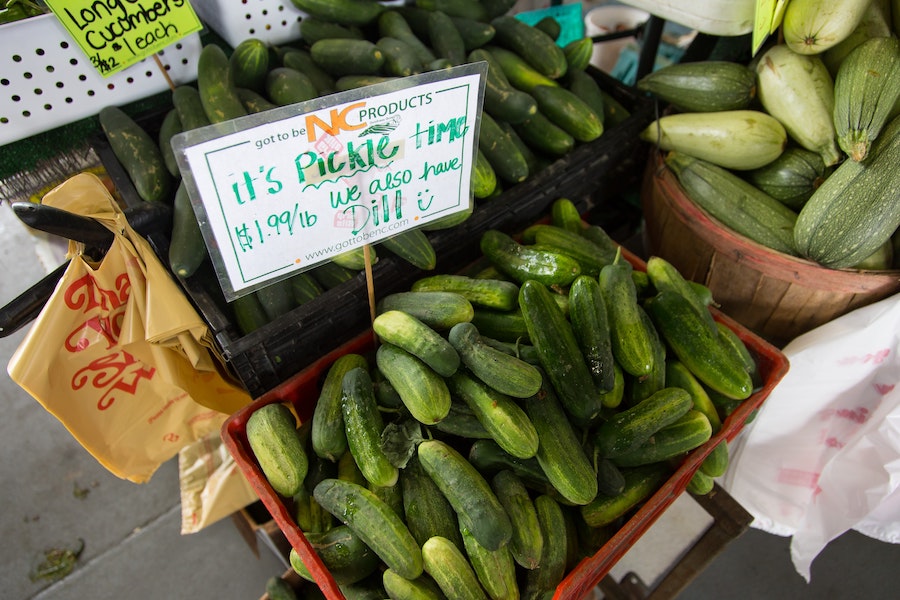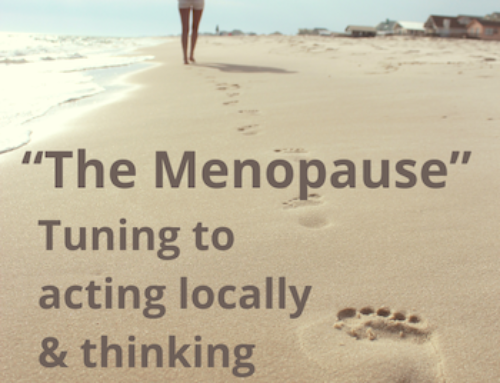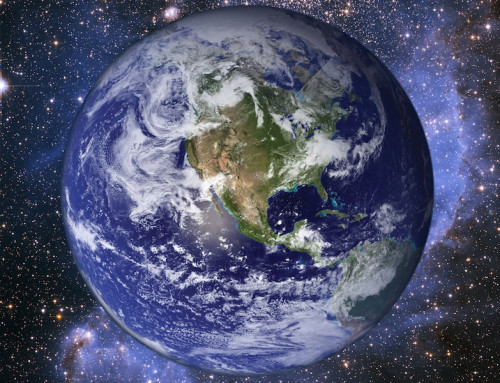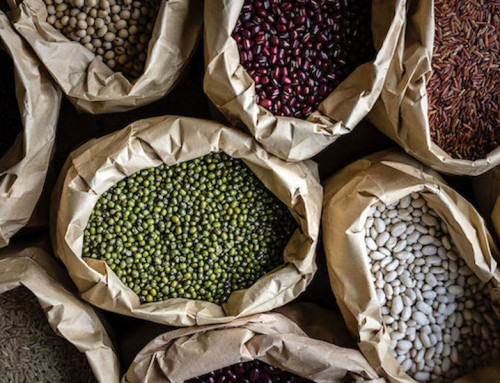We can’t throw things away, because there IS NO “away”.
Where ever you are, it’s all Earth.
Landfill or ocean it all stays with us. If it’s plastic, it stays for a very long while.
Buying bulk generally means less packaging, which means that there’s less packaging waste to throw anywhere.
Sustainable packaging
If you’ve caught an Indian train in the past few decades, you might remember the little terracotta cups that the wallahs would serve you tea in. The beauty of this vessel was that you could throw the cup out the window of the moving train when you’d finished, watch it smash into pieces, knowing that it would disintegrate back into the pure earth that it came from. I hope these are still in use in India!
Support all efforts of people using sustainable packaging. If your food come in cellophane or paper bags, that is fantastic! These are biodegradable packages, so can be fed to worms or composted to make good soil.
The art of food use in a closed system
Instead of throwing away good food, we can learn to ferment, dehydrate, pickle, freeze or share food with others. For example, use vegetable off cuts to boil up a vegetable broth. Take a look at the zillions of recipes on the net for leftovers.
If the food is too old to eat, then you can tend a worm farm, either yours or your local community gardens. Composting is available to most now, either through council pick ups, your own bin (like a Subpod), or a local enterprise that is accepting scraps to fuel their business.
Many years ago I was living across the road from Jude and Michel Fanton, the originators of Seed Savers Network. Because I didn’t have my own compost, I deposited into theirs, and consequently learned about their remarkable work they have been involved in over the past 35 years. So, not only can you regenerate soil through composting, you might just meet some revolutionaries!
Use the lot.
If you eat meat, try using the whole animal. Boil up bones for broth and freeze to use as a stock. Then give that animal due appreciation by giving it a final resting place, burying it into the soil. Let it to return to earth, and nourish the soil with it’s minerals.
Let’s shift our opinion of dumpster diving. Dumpster diving is not just okay, it’s admirable!!
What’s not admirable is tossing good food into the bin. That is wasteful. It could also be considered disrespectful, and an act of entitled arrogance. Sorry, a bit judgy on this one, but we are acting in such an entitled manner. And it’s not natural to use. We have been trained to be wasteful like this, through marketing, the illusions of status, and a disconnection from the food.
It’s time to return to our innate understanding of wholistic interconnected systems.
Individual Health Impacts
Nurturing an appreciation and attitude of gratitude for food cycle occurs when food waste becomes soil via composting, which then grows food for you. Or when scraps becomes food for chickens, who lay eggs for you. That stuff is like gold, when you tune into it.
Planetary Health Impacts
Who knows if the Earth is sentient, and senses that you value it? My imagining is that humans’ respect has some beneficial impact for the planet. That’s why all indigenous traditions actively honor the earth where they live.
What is for sure, is that less plastic in the oceans and soils and less green waste in the landfill, leads to the less carbon being emitted and less pollution, and the better off we will all be.
Rejuvenate your Health at Sparkle Well School
Sparkle Well School delivers step-by-step, effective and safe, health optimisation processes to provide empowerment and insights into fresh and regenerative ways of living.










